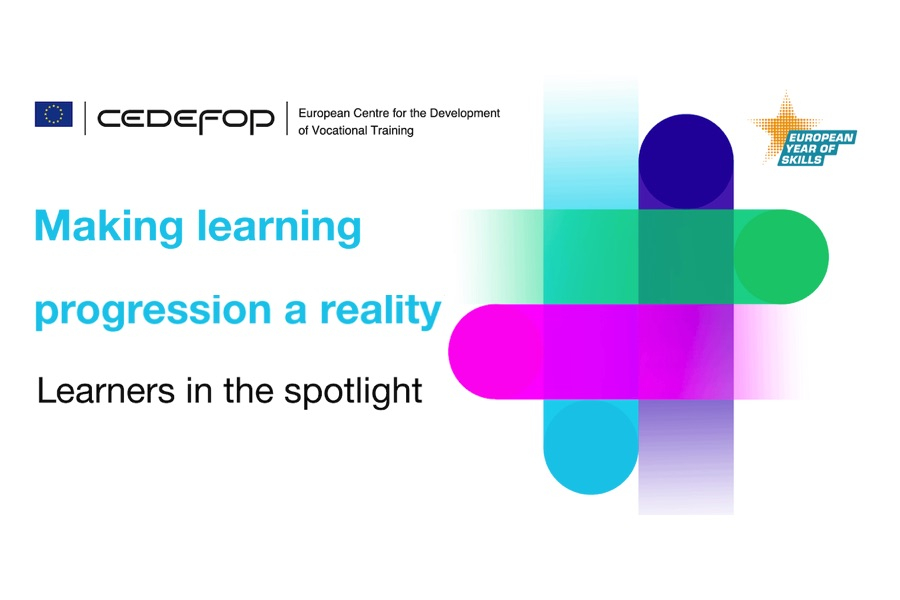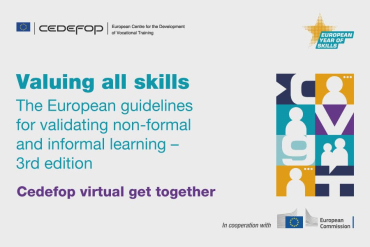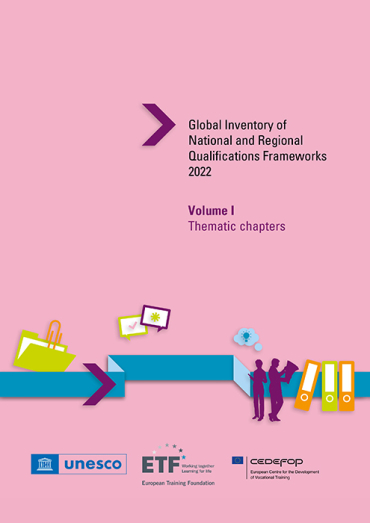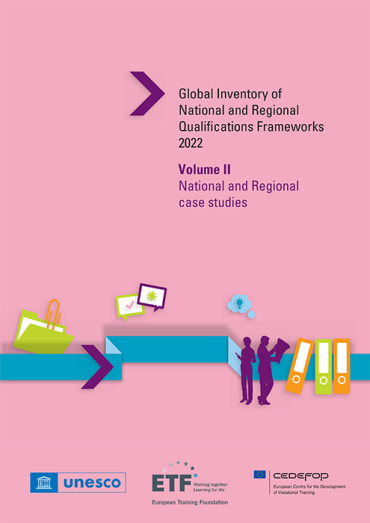Despite improvements in the transparency and portability of qualifications, challenges to learners’ mobility in Europe remain, and making best use of European Union initiatives and tools is needed to tackle them.
This is one of the main outcomes of Cedefop's 'Making learning progression a reality - learners in the spotlight' online workshop, which took place on 21 February.
The event was attended by about 200 policymakers, stakeholders, experts and researchers, who had an opportunity to discuss interim findings of the Cedefop's project 'Transparency and transferability of learning outcomes' project and reflect on what has worked well and what has not in the field.
During the discussions, it was acknowledged that significant progress had been made over the last 20 years in enhancing the transparency and portability of qualifications, but also that learners’ mobility still needs enhancements, among others, breaking down silos between different education and training systems, ensuring no learner and type of learning is left behind and maintaining high attention on the importance of lifelong learning.
As Cedefop Executive Director Jürgen Siebel noted, recognising the importance of lifelong learning and understanding what is needed to promote it are essential prerequisites to encourage upskilling and reskilling of individuals.
Build upon EU initiatives
Looking back at the past achievements of EU cooperation in the field, the learning outcomes approach and the European qualifications framework were highlighted as the most successful developments.
It was also acknowledged that it is important to implement fully existing tools like National qualifications frameworks, promote validation arrangements for non-formal and informal learning and leverage digital developments for the portability of learning.
There was agreement on the necessity to:
- Build upon existing EU initiatives and tools and ensure a coherent policy framework that centres on individuals.
- Work towards increasing individuals’ awareness of available options and reducing administrative burdens connected to recognition of skills and qualifications.
- Develop synergies between quality assurance, qualifications frameworks and recognition of skills and qualifications, especially for learning taking place outside formal systems.
The workshop also provided an opportunity for participants to engage in initial reflection on the development of alternative policy scenarios towards 2040. During this part of the discussions, a great deal of emphasis was given to individualised comprehensive and flexible learning.




